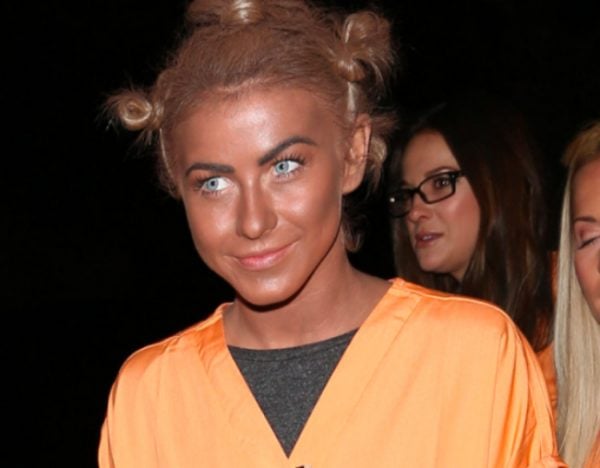The conversation around cultural sensitivity and cultural appropriation is indeed a divisive one. Whether or not adopting a cultural practice that is not technically your own is an indication of inclusivity or blatant racism, has been at the forefront of intense debate for quite some time.
With Halloween just around the corner, it’s all too easy to hit a nerve by dressing as something you might think is “harmless”. Unless it’s undeniably, objectively racist, regardless of inadvertence (I’m looking at you, 2013 Julianne Hough), the public is, more often than not, split in their responses to cultural appropriation.



